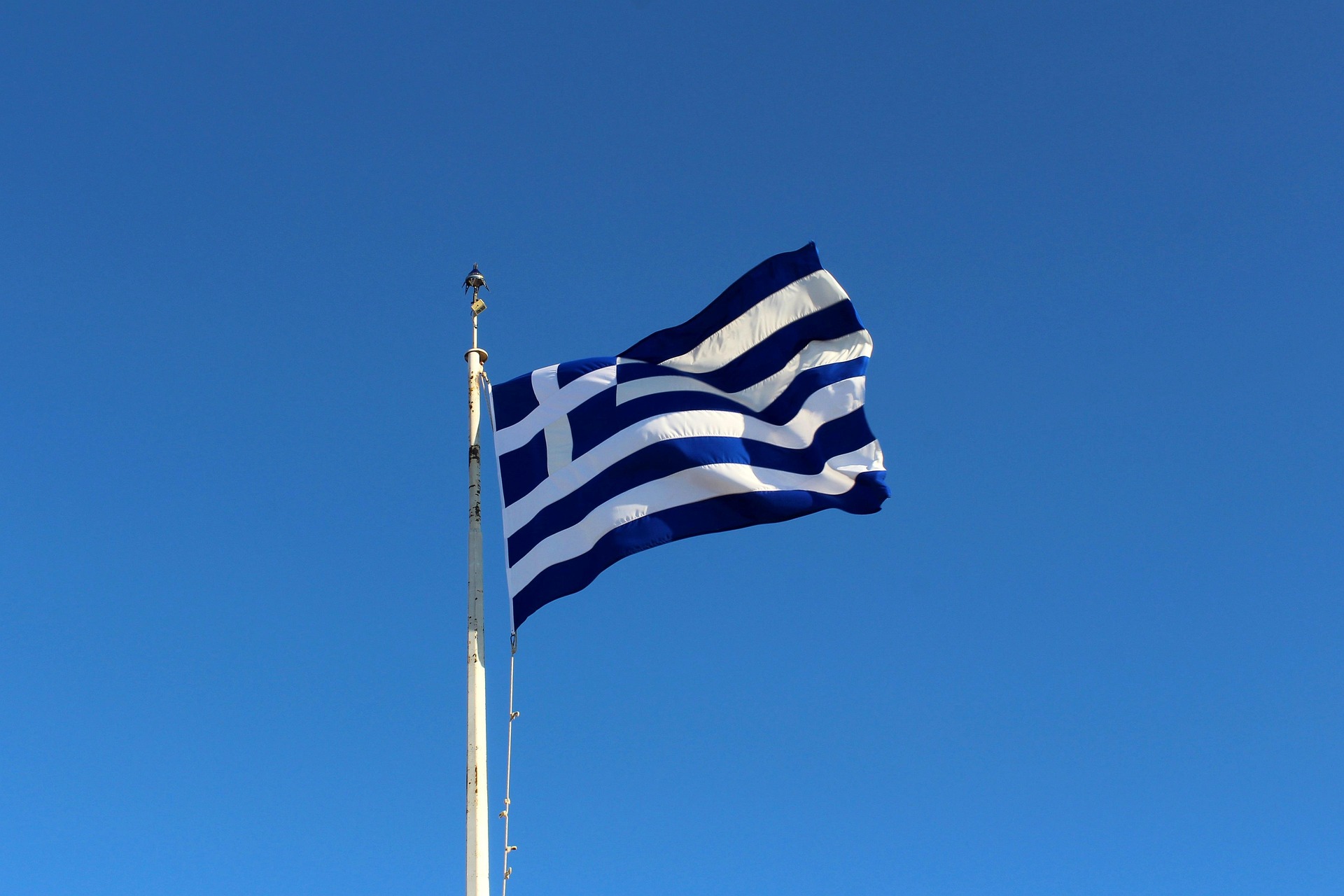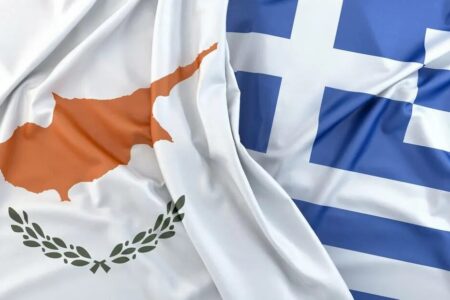March 25 is one of the most significant dates in the history of the Greek people. This day symbolizes the beginning of the struggle for freedom, when in 1821 Greek insurgents rose against four centuries of Ottoman rule. This historic event marked the birth of an independent Greek state and has since become a source of national pride that inspires generations.
Contents
Historical Background and Significance
In 1821, inspired by the ideals of freedom and national revival, Greek patriots united to fight against the Ottoman Empire. The uprising—prepared by the secret organization “Filiki Eteria”—became the starting point for national liberation. Independence Day is celebrated not only as a historical milestone but also as a symbol of the values that unite Greeks around the world. The dual significance of the day is further highlighted by its coincidence with the Orthodox Feast of the Annunciation, which adds a spiritual dimension to the national rebirth.
Celebrations in Greece
In Greece, March 25 is an official public holiday. Across the country—from the bustling streets of Athens to smaller towns—grand celebrations take place. Mornings begin with solemn military parades featuring marching bands, soldiers in historic uniforms, and representatives from various civic organizations. Main squares are adorned with national flags, and the sound of the national anthem fills the air. Alongside these parades, cultural concerts, exhibitions, and liturgies are held, underscoring the importance of both spiritual and historical values.
On this day, Greek society remembers the heroic deeds of its forebears and pays tribute to those who sacrificed their lives for freedom. The festivities blend both secular and religious rituals, reflecting the dual nature of the celebration.
Celebrations in Cyprus
Although the Republic of Cyprus has its own set of national holidays, March 25 holds special meaning for Greek Cypriots. Deeply rooted in Greek culture and tradition, the islanders proudly observe Greece’s Independence Day as a symbol of their shared heritage. Across Cyprus, festive parades, cultural events, and public ceremonies take place. In cities like Nicosia, Limassol, and Paphos, streets are decorated with the flags of both Greece and Cyprus, and local venues offer traditional Greek cuisine, allowing residents and visitors alike to immerse themselves in the spirit of the day.
Cultural Legacy and Modern Traditions
The celebration of March 25 is not only a remembrance of past heroism but also a living expression of cultural heritage. Families and friends gather to honor the value of freedom and national unity. In addition to official events, many take part in community gatherings where traditional songs are sung, dances performed, and cooking classes held to prepare classic Greek dishes. These customs serve to preserve historical memory and pass on cherished traditions to future generations.
Interesting Facts
- Dual Significance: March 25 is celebrated both as Greece’s Independence Day and the Feast of the Annunciation, giving the day a unique spiritual and cultural importance.
- International Recognition: Since 1986, Independence Day has been commemorated at the White House, underscoring the significance of this holiday to the global Greek diaspora.
- Cultural Unity: Across the world, celebrations bring together Greeks in diverse communities, uniting them in a shared legacy of freedom.
- Heritage in Cyprus: Despite political differences, Greek Cypriots continue to honor Greek traditions through music, dance, traditional attire, and cuisine.
March 25 is far more than just a date on the calendar—it is a testament to the courage and enduring spirit of the Greek people in their quest for freedom. From the majestic parades in Athens to the joyful street celebrations in Cyprus, this day serves as a powerful reminder of the sacrifices made for independence and the enduring bond of cultural heritage. It continues to inspire national pride and unity among Greeks and Greek Cypriots alike, fostering a legacy of freedom and hope for future generations.
















